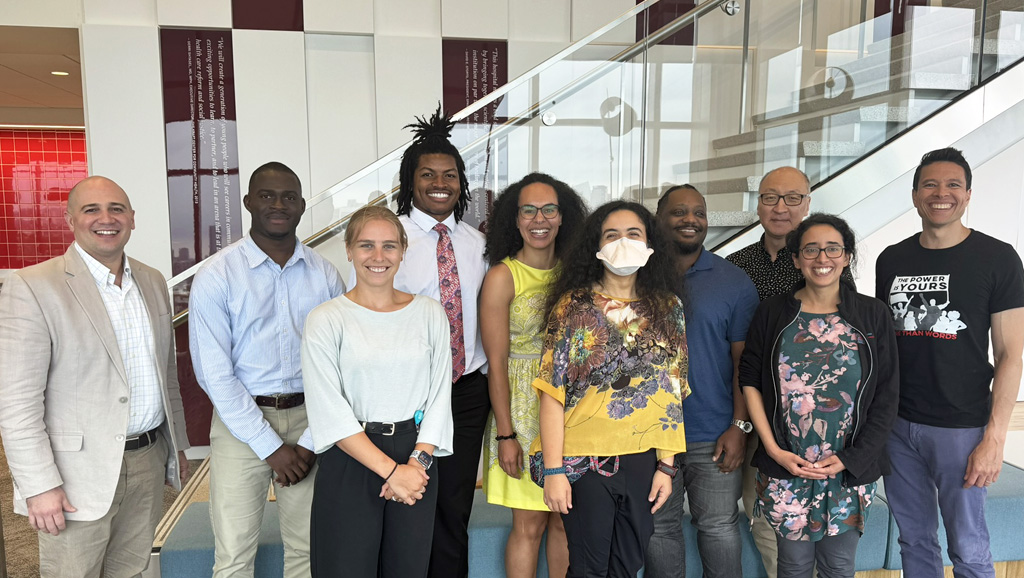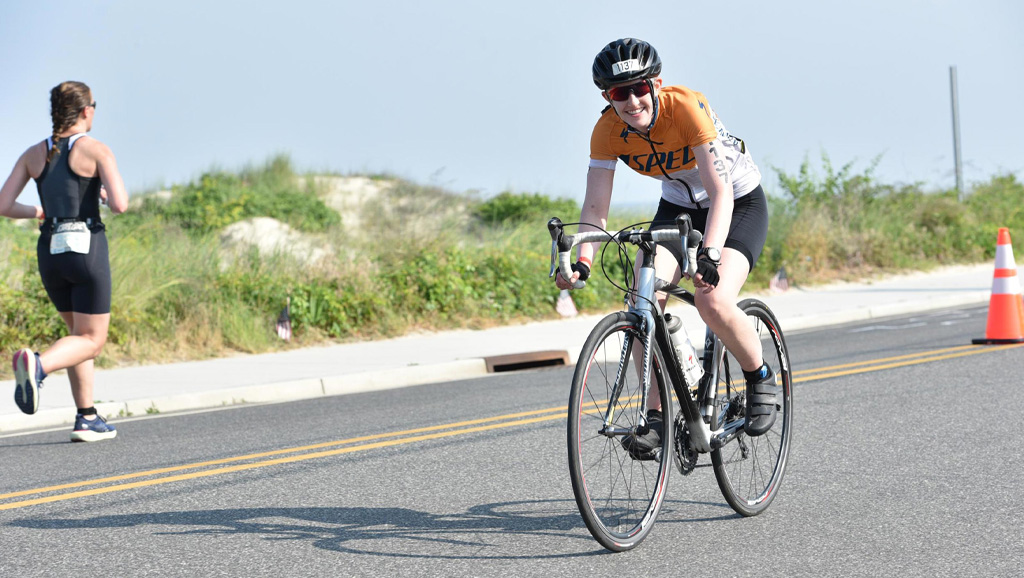News & Insights
Neurotech is Changing the Way We Treat Disease and Understand the Brain
Are Our Medical and Legal Institutions Ready?


The Dana Foundation Launches Neurotech Justice Accelerator at Mass General Brigham (NJAM) to Unite Science and Society and Mitigate Medical, Legal, and Ethical Risks
The Dana Foundation today announced the launch of Neurotech Justice Accelerator at Mass General Brigham, an integrated academic health care system and the nation’s largest hospital-based research enterprise. The five-year $8.6 million initiative aims to improve equitable access to beneficial neurotechnologies and to mitigate the associated risks in medical and legal settings.
“NJAM was developed to support field building and training to address the ethical implications of scientific advancement,” said Caroline Montojo, Ph.D., president and CEO of the Dana Foundation. “For example, emerging diagnostic technologies are likely to affect care or even end-of-life decisions for patients in a ‘vegetative state’. Clinicians and legal practitioners need to be aware of the potential and limitations of neuroscience and be equipped to make reasonable judgements given the evidence they provide.”
Under a team of renowned practitioners and scholars in neurosurgery, neuroethics, and neurolaw from Massachusetts General Hospital (MGH) – a founding member of Mass General Brigham – Harvard Medical School, and the University of Minnesota, NJAM integrates training in clinical practice, law, ethics, and neuroscience – disciplines that typically operate independently. Programs include:
- interdisciplinary research training on equitable application of beneficial clinical neurotechnologies, and on neuroscience as evidence in court and in criminal justice reform.
- community partnership and advocacy training to facilitate bi-directional learning between NJAM fellows and members of communities likely to be impacted by neurotechnology advancement.
NJAM is part of the nearly $20 million Dana Center Initiative launched earlier this year. It joins the UCLA-CDU Dana Center for Neuroscience and Society and the Dana Program for Neuroscience and Society at Loyola University Chicago.
“Neuroscience is moving forward in exciting ways, often so fast that it outpaces public discourse and training about potential benefits and risks,” said Steven E. Hyman, M.D., chairman of the board at the Dana Foundation. “Through the Dana Center Initiative, we hope to catalyze the cultural and institutional shifts needed to fully realize the positive impact of neuroscience while making sure it’s applied fairly and responsibly.”
Advancing Ethical Application in Clinical Settings
From a medical perspective, emerging technologies and new applications of brain imaging, deep brain stimulation, and stimulus-based electroencephalogram hold great potential to improve outcomes for patients with neurologic diseases. They also promise to improve diagnosis and assessment of brain injuries and disorders of consciousness.
NJAM will provide a mixed-methods research training program to accelerate the responsible uptake of neurotechnology in clinical and other contexts. Through community-based participatory research, quantitative and qualitative methods, and big data analysis, NJAM fellows will identify barriers to access, solutions for preventing injustices, and pathways for addressing challenges in brain-based conditions.
“Due in part to lack of training in a clinical setting, some neurotechnologies are applied today in just a few hospitals and clinics throughout the world,” said Theresa Williamson, M.D., MPH, assistant professor of neurosurgery and neuroethicist at MGH and Harvard Medical School, and co-director of NJAM. “One of the major aims of NJAM is to ensure more clinicians and medical practitioners are trained to understand the potential of these technologies and how to apply them. Our work through NJAM is about ensuring more patients will benefit from advances in neurotechnology development.”
Promoting Responsible Use in Legal Settings
From a legal perspective, neurotechnological advances raise questions in areas such as the application of neuroscientific evidence in criminal sentencing and brain injury litigation. NJAM will offer an interdisciplinary neurolaw training program through which participants will identify barriers and opportunities of deploying neurotechnology as evidence in legal settings, collaborate with judges and lawyers, and improve access to neuroscience tools for resource-poor litigants.
“Judges and other legal practitioners are already being presented with evidence drawn from neurotechnologies that raise questions about justice, access, and privacy. This is likely to increase as new capabilities and applications are discovered,” said Francis X. Shen, J.D., Ph.D., a member of the University of Minnesota Law School faculty, MGH Hospital Center for Law, Brain & Behavior, Harvard Medical School Center for Bioethics, and co-director of NJAM. Shen, who is an expert in the intersection of law, ethics, neuroscience, and AI, added, “Is it ethical to use this neuroscience information? Will it promote or hinder just legal outcomes? And how do we ensure privacy? Today legal practitioners have little practical guidance on how to apply group-level neuroscience research to individualized legal decisions. The NJAM will train the next generation of neurolaw practitioners to change that.”
Engaging Community Partnership
Recognizing the important role local organizations play in supporting members of their communities, NJAM will also equip scientists with skills to listen deeply to members of communities affected by novel neurotechnologies and share their science in a way that informs policy solutions.
“It’s critical to train the next generation of scientists to engage with communities to incorporate their voice into research priorities,” said Gabriel Lázaro-Muñoz, Ph.D., J.D., assistant professor and neuroethics researcher at Harvard Medical School and the MGH Department of Neurosurgery, and co-director of NJAM. Lázaro-Muñoz combines his background in neuroscience, law, and bioethics to examine ethical, legal, and social implications of emerging technologies. “We seek to increase the role of patients and community members in the responsible development of neurotechnology. Training will enable scientists to create solutions with, rather than for, community members.”


